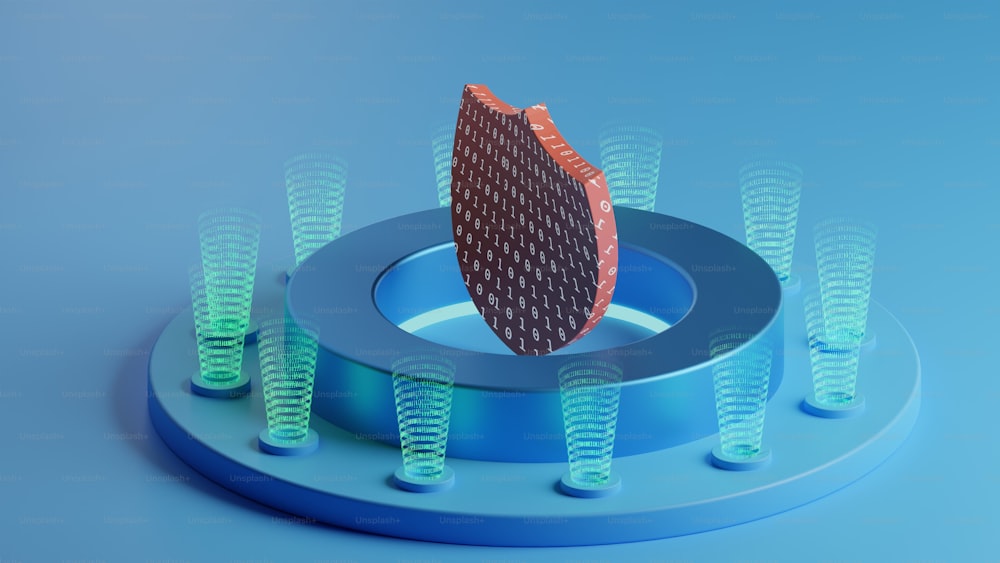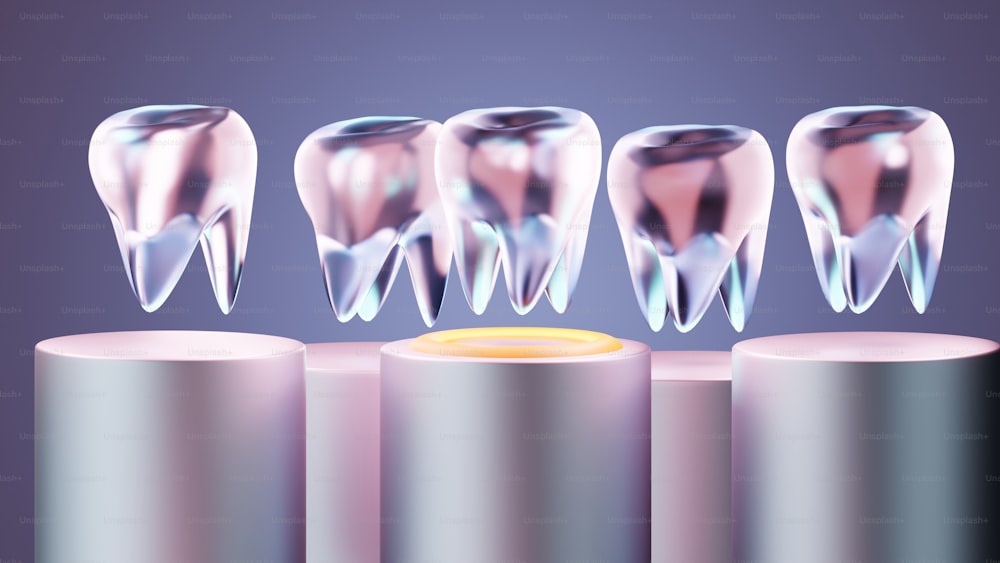Dental Implants Wheeling WV - Dental Implant Columbus OH
Dental Implants Wheeling WV - Dental Implant Columbus OH
Blog Article
Dental Implant Hartford OH - General and Restorative Dentistry
When figuring out what type of anesthesia is used for dental implants, it turns into essential to discover various choices obtainable to sufferers. The alternative of anesthesia can significantly impression the comfort of the process, the overall expertise, and the velocity of recovery. Dental Implant Sunbury OH.
Local anesthesia is probably the most generally used type for dental implant surgical procedures. In this method, an anesthetic agent is injected close to the surgical web site. Local anesthesia effectively numbs the focused area, permitting the oral surgeon or dentist to perform the procedure with minimal pain to the affected person. It is useful because sufferers remain absolutely awake and conscious all through the process, fostering a sense of management.
Dental Implant Pataskala OH - Get Your FREE Dental Implant Consultation NOW!
Sedation dentistry presents another strategy for people who could feel anxious about the procedure. Sedation can range from mild to deep, allowing patients to chill out while their implants are placed. Different levels of sedation could be achieved via oral sedatives, nitrous oxide, or intravenous methods. The level of rest may be tailor-made to the precise wants or nervousness ranges of the affected person.
Nitrous oxide, generally known as laughing gas, is a well-liked choice for dental procedures, including implants. This form of sedation works rapidly, permitting sufferers to really feel relaxed and euphoric. Administration is handy, because the gasoline is inhaled by way of a masks placed over the nose. Patients can typically resume normal actions shortly after the process, making nitrous oxide a favourite amongst both dentists and patients.
Another option is oral sedation. This technique entails taking a prescribed sedative earlier than the appointment. Patients often feel sleepy and less conscious of their environment whereas nonetheless having the power to talk with their dental group if essential. While oral sedation is efficient, its onset and length can range from individual to individual, so dentists should evaluate individual needs carefully.
Intravenous (IV) sedation offers deeper levels of sedation, ideal for longer or extra complex procedures. This method allows for rapid adjustment of sedation ranges, because the anesthetic is run directly into the bloodstream. Patients in this state may feel extraordinarily relaxed and won't keep in mind the process afterward. IV sedation sometimes requires a extra intensive recovery interval compared to native anesthesia alone.
Dental Implant Sunbury OH - Emergency Dentist
General anesthesia, though generally reserved for more invasive surgical procedures, can be thought-about for dental implants in specific conditions. This kind of anesthesia induces a state of complete unconsciousness, requiring close monitoring by an anesthesiologist. General anesthesia is appropriate for sufferers with severe anxiety, those that have problem sitting still for prolonged durations, or when multiple procedures are carried out concurrently.
The selection of anesthesia may also rely upon the patient's medical historical past and any underlying medical conditions. Some illnesses could improve the risk of issues during anesthesia. Detailed discussions between the affected person and the dental group can lead to a custom-made anesthetic plan that ensures security while enhancing consolation.
Many patients specific concern regarding the unwanted effects associated with anesthesia. While unwanted aspect effects can range based mostly on the type used, most native anesthetics show minimal risks. Common considerations embody short-term numbness and swelling close to the injection website. For those that opt for sedation, side effects might encompass drowsiness, dizziness, or nausea.
Recovery time also performs a task within the choice of anesthesia. Local anesthesia sometimes allows for a quicker recovery, enabling patients to renew regular activities inside hours. Sedation strategies might require extra time for the medication to wear off, necessitating preparations for transportation post-procedure.
Dental Implant Alexandria OH - Dental Hygienist near Ohio

The importance of communication between the patient and the dental practitioner can't be overstated. Sharing considerations and preferences allows for a tailor-made anesthetic strategy. A thorough evaluation helps to identify essentially the most appropriate type of anesthesia to make sure both consolation and effectiveness in the course of the dental implant procedure.
In addition to comfort and security, the overall success of dental implants can be influenced by the choice of anesthesia (Dental Implant New Albany OH). The results of hysteria on the physique can complicate surgical procedures and lengthen recovery occasions. Therefore, a proper anesthetic plan plays a crucial function in not only immediate consolation but in addition the long-term success of the dental implants.
Dental Implant Granville OH - General and Restorative Dentistry
Patients ought to be ready to debate their medical history, nervousness levels, and personal preferences when consulting a dentist for dental implants. This open dialogue permits the practitioner to create an anesthetic technique that suits the person whereas ensuring the procedure runs easily and efficiently.

The quest look at this site for a pain-free dental implant process could be daunting for many. The varying types of anesthesia create choices that may fit individual wants, life, and comfort ranges. The proper choice of anesthesia can turn a doubtlessly tense dental visit right into a more manageable experience.
Dental Implant Hartford OH - Best Dental Implants near Ohio
In conclusion, understanding what kind of anesthesia is used for dental implants is crucial for sufferers preparing for the process. From local to basic anesthesia, each methodology has its advantages and concerns. With quite so much of choices out there, sufferers can work closely with their dental staff to determine the most effective approach, enhancing not only consolation but also the probability of a successful end result. Ultimately, the number of anesthesia directly impacts both the expertise during the process and the overall satisfaction with dental implants.
- Local anesthesia is predominantly used for dental implants, providing focused numbing to the surgical site while permitting the affected person to remain absolutely aware.
- Common local anesthetics embrace lidocaine, articaine, and mepivacaine, every chosen for their effectiveness and period of action.
- Sedation dentistry may be employed for sufferers with anxiety, typically utilizing reasonable sedation methods like nitrous oxide or oral sedatives.
- General anesthesia may be an choice for complex instances or in sufferers with extreme anxiety or special needs, making certain a very unconscious state.
- The alternative of anesthesia is dependent upon the patient's medical historical past, stage of anxiety, and complexity of the implant process.
- During the procedure, monitoring of important signs ensures the affected person's safety and comfort levels are maintained.
- Post-surgery, sufferers are sometimes given directions regarding pain management, which may include over-the-counter pain relievers alongside advised dosages of native anesthesia.
- The use of anesthetic brokers can range primarily based on particular person responses, necessitating a tailor-made approach from the dental professional.
- Some dental practices may offer virtual reality or distraction strategies to assist patients manage nervousness alongside anesthesia options.undefinedWhat sort of anesthesia is used for dental implants?
What is the most typical sort of anesthesia used for dental implants?undefinedThe most typical kind of anesthesia for dental implants is native anesthesia, particularly lidocaine. This numbs the surgical space to attenuate pain in the course of the process.
Can I request sedation for my dental implant surgery?undefinedYes, many dentists provide sedation choices, corresponding to oral sedation or nitrous oxide, for sufferers who feel anxious or choose a more relaxed experience during dental implant surgery.
Dental Implant Centerburg OH - Get Your FREE Dental Implant Consultation NOW!

Will I be awake through the dental implant procedure?undefinedIf native anesthesia is used, you will be awake but numb in the remedy space. If sedation is chosen, you could be in a light sleep and not absolutely conscious of the process.
How long does the anesthesia last through the procedure?undefinedThe results of native anesthesia usually final for 1 to three hours, depending on the specific medicine used. However, the length can range primarily based on particular person factors.
Dental Implant Sunbury OH - General and Restorative Dentistry

Are there any side effects of dental anesthesia?undefinedPossible unwanted side effects can embrace temporary numbness, swelling, bruising, and, in rare circumstances, allergic reactions. It's important to debate any concerns together with your dentist beforehand.
Can I eat or drink after receiving anesthesia for my dental implant?undefinedIt's greatest to keep away from eating or ingesting until the numbness has utterly worn off to forestall biting your tongue or cheek. Follow your dentist’s specific post-operative directions for the best results.
How is anesthesia administered for dental implants?undefinedLocal anesthesia is often administered via a small injection immediately into the gum tissue. Sedation choices may contain inhalation or oral treatment that can help you relax before the process.
Dental Implant Condit OH - Dental Care
Do I want somebody to drive me residence after the procedure?undefinedIf you’ve obtained sedation, it’s really helpful to have someone drive you home, as you may feel groggy or disoriented. Local click to read more anesthesia alone usually does not require assistance.
What if I truly have a worry of needles?undefinedIf you've a concern of needles, focus on this with your dentist. They can provide strategies to help ease your anxiety, such as using topical numbing agents before the injection.
Report this page